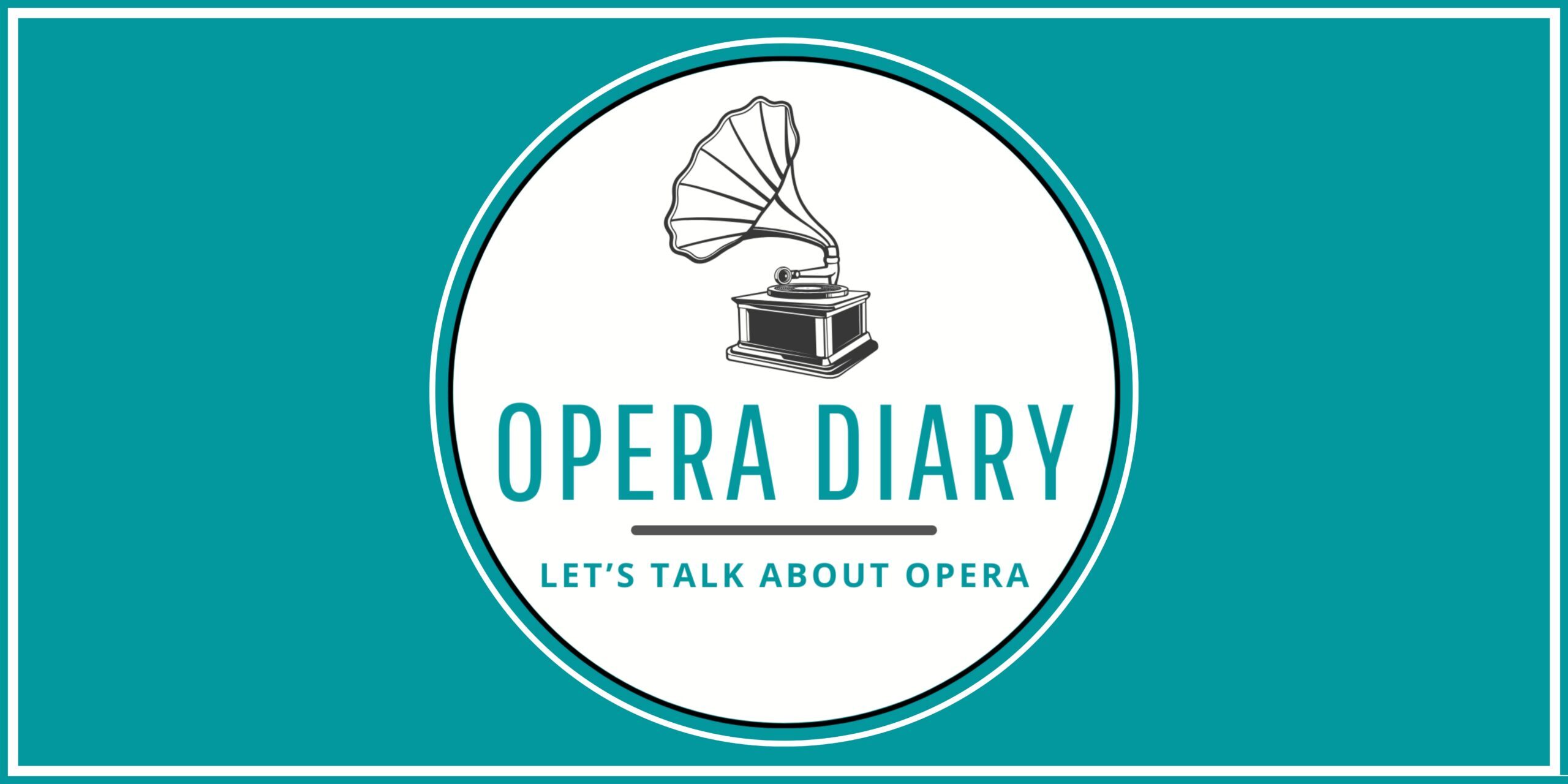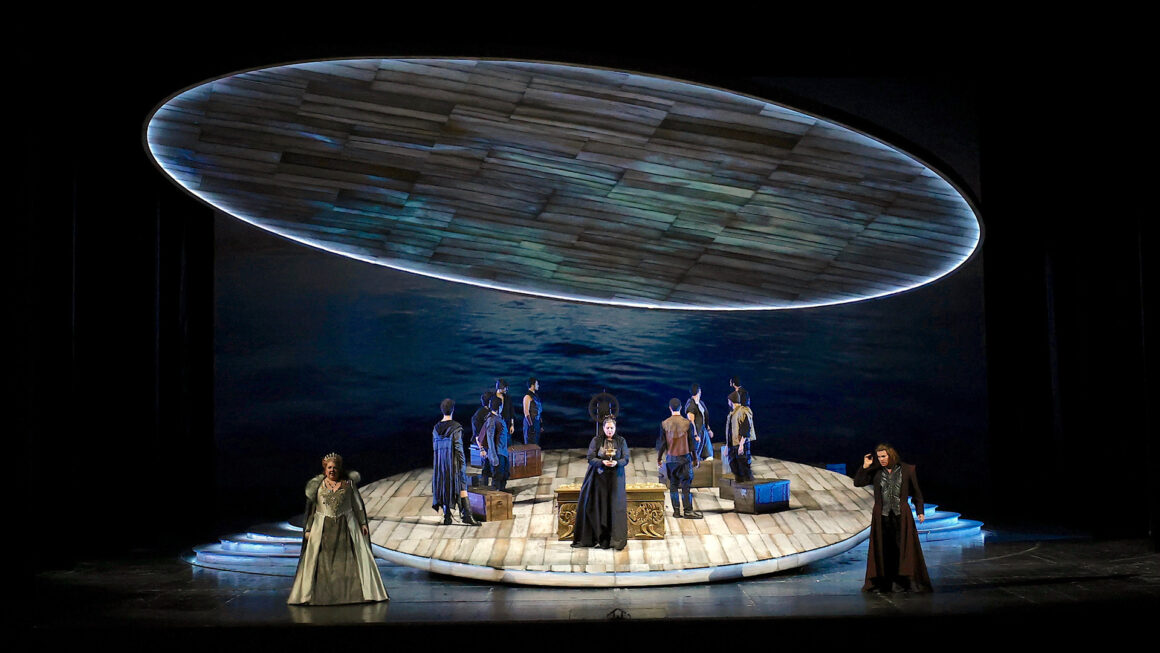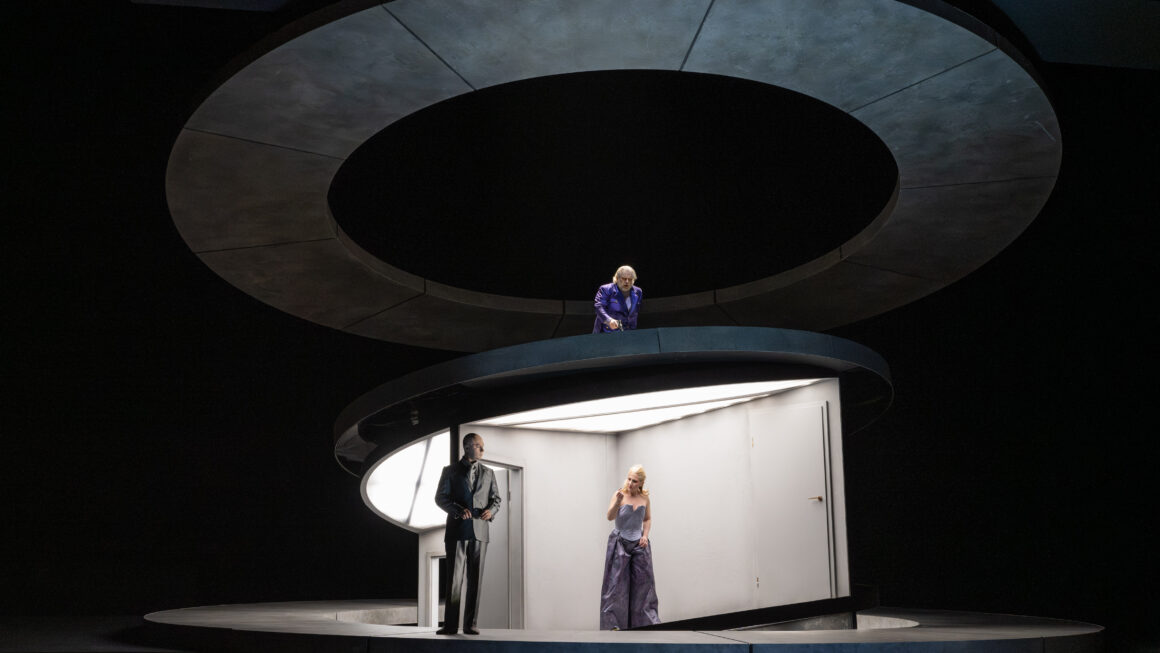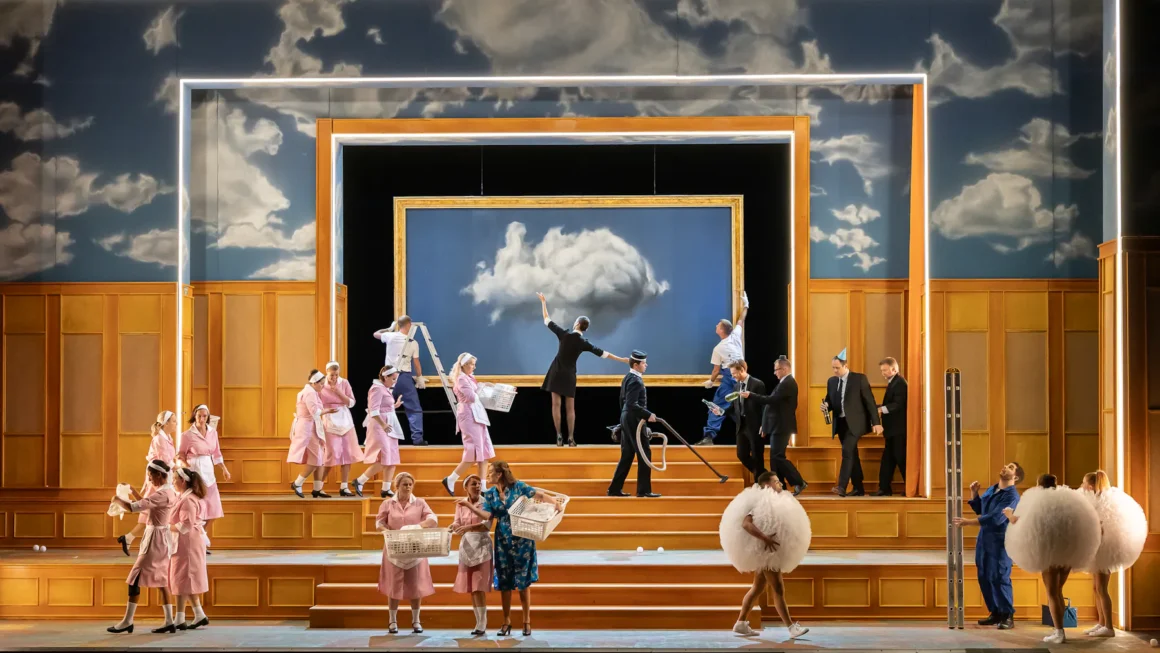You know those moments when you realize just minutes before a concert starts that what you’re about to hear is not at all what you expected? Well, that was me last Sunday at the Opéra de Lyon. I arrived thinking I was about to enjoy a recital filled with Verdi, maybe some Puccini — you know, the kind of music that Ludovic Tézier was basically born to sing.
Ten minutes before the show began, I found out the entire program was… almost 100% German.
And honestly? Discovering the German repertoire with Ludovic Tézier is like learning how to play tennis from Roger Federer — you simply can’t do better.
The evening lasted around two hours, and Tézier was accompanied by Julius Drake, one of the most respected pianists in the world. Their chemistry on stage was perfect, as expected. They’ve already performed this program together at La Scala in Milan and will bring it soon to Budapest and Napoli — and after hearing it, I completely understand why.
The first half of the recital featured about forty minutes of Lieder by Robert Schumann — intimate, poetic, and beautifully phrased. After a short intermission, we dove into works by Jacques Ibert, Felix Mendelssohn Bartholdy, and finally, some stunning Wagner songs to close the evening.
The Wagner section was definitely my favorite — emotional, deep, and full of color. It brought back so many memories and reminded me why I love classical music in the first place.
There were encores, of course — including Ravel and more Schumann — and the audience simply didn’t want to let them leave the stage.
I have to say, I’m slowly starting to fall in love with the German repertoire. Ludovic Tézier, as always, proves he’s a true polyglot — equally at ease in French, Italian, and now German. For someone like me who’s used to hearing him as Rigoletto, Scarpia, or any of Verdi’s great baritones, seeing him in this much darker, more intimate, and emotional setting was something truly special.
A huge thank-you to the Opéra de Lyon for the warm invitation and for hosting such a beautiful evening. I can’t wait to be back in December for Les Contes d’Hoffmann — it’s going to be another great one!
::::::::::::::::::::::::::::::::::::::::::::::::::::
Robert Schumann (1810-1856)
Dichterliebe op. 48, sur des poèmes de Heinrich Heine (Les Amours du poète)
« Im wunderschönen Monat Mai » (Au magnifique mois de mai)
« Aus meinen Tränen sprießen » (De mes larmes jaillissent)
« Die Rose, die Lilie, die Taube, die Sonne » (La rose, le lis, la colombe, le soleil)
« Wenn ich in deine Augen seh’ » (Lorsque je regarde dans tes yeux)
« Ich will meine Seele tauchen » (Je veux plonger mon âme)
« Im Rhein, im heiligen Strome » (Dans le Rhin, dans ce beau fleuve)
« Ich grolle nicht » (Je ne t’en veux pas)
« Und wüssten’s die Blumen » (Et si les petites fleurs savaient)
« Das ist ein Flöten und Geigen » (C’est une bande de flûtes et de violons)
« Hör› ich das Liedchen klingen » (Quand j’entends cette chansonnette)
« Ein Jüngling liebt ein Mädchen » (Un jeune homme aime une jeune fille)
« Am leuchtenden Sommermorgen » (Par un lumineux matin d’été)
« Ich hab› im Traum geweinet » (J’ai pleuré dans un rêve)
« Allnächtlich im Traume » (Chaque nuit je te vois en rêve)
« Aus alten Märchen winkt es » (Des anciens contes, me fait signe)
« Die alten, bösen Lieder » (Les vieilles, les méchantes chansons)
Entracte
Jacques Ibert (1890-1962)
Quatre chansons de Don Quichotte,
sur des poèmes de Pierre de Ronsard et Alexandre Arnoux
« Chanson du départ de Don Quichotte »
« Chanson à Dulcinée »
« Chanson du Duc »
« Chanson de la mort de Don Quichotte »
Felix Mendelssohn Bartholdy (1809-1847)
« Romance sans paroles » op. 62 n° 5, « Venezianisches Gondellied »
« Romance sans paroles » op. 38 n° 6, « Duetto »
Richard Wagner (1813-1883)
Wesendonck Lieder, sur des poèmes de Mathilde Wesendonck
« Der Engel » (L’Ange)
« Stehe still! » (Arrête-toi !)
« Im Treibhaus » (Dans la serre)
« Schmerzen » (Douleurs)




